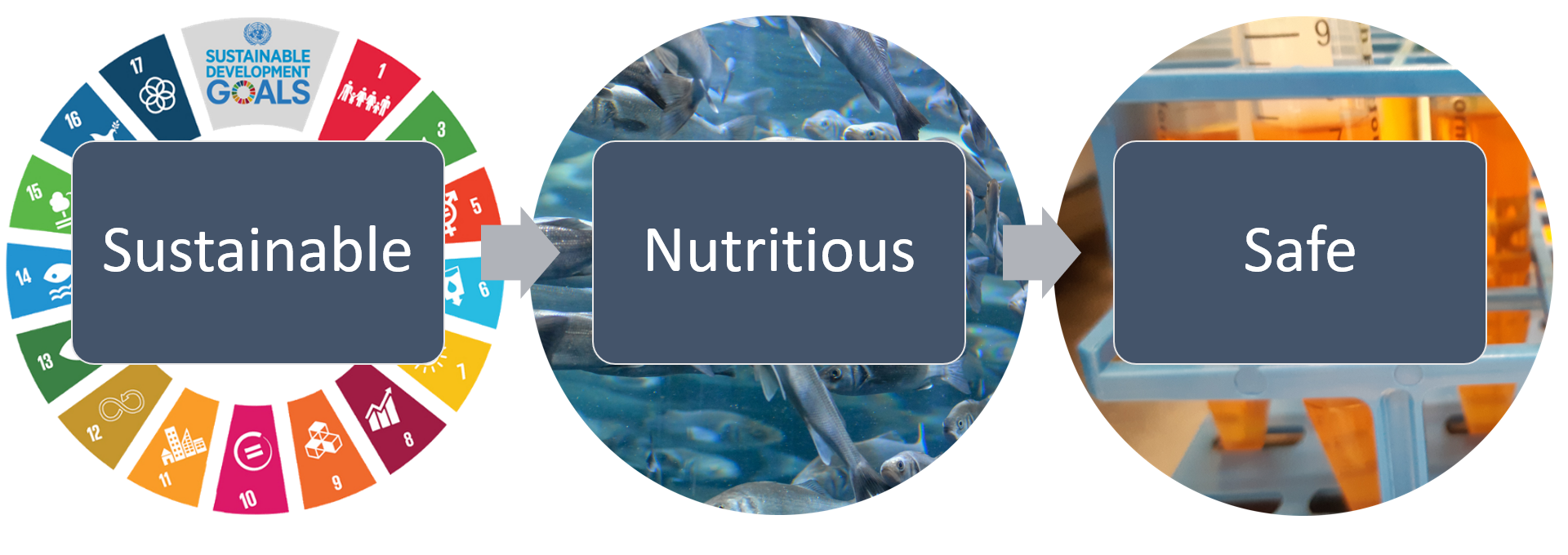
Ph.D. Andreas Langdal
Environmental performance of novel marine raw materials for food and feed
Global warming is causing calls for "Code red for humanity", and biodiversity- and ecosystems are rapidly deteriorating worldwide. The requirement of a holistic approach to human activities within the systems' boundaries of nature has never been clearer to avoid catastrophic consequences. However, with increased global hunger and starvation, death by malnutrition-related diseases dominating, and a rapidly growing human population, the need for safe, nutritious, and environmentally friendly food sources is essential to ensure future food security.
My Ph.D. project is to analyse the environmental sustainability, nutrient content and food safety of several different low trophic marine organisms. The species I currently am investigating are sea cucumbers (C. frondosa & T. troctopoli), mesopelagic fish and crustaceans (M. muelleri, C. finmarticus & M. norvegica), microalgae (P. glacialis), and macroalgae (P. palmata, S. latissimi, & A. esculenta). The environmental footprint will be estimated through life cycle assessments from the harvest of the species all the way to the final consumer. This will enable the comparison of the species for how much global warming gases they might release, how they might affect the eutrophication of the ocean and not the least, how they are compared to traditional food sources! Meanwhile, the nutrient analysis will be done gravimetrically and by using high-pressure gas chromatography alongside colleagues of the Norwegian College of Fishery; and the environmental pollutants will be analysed through cooperation with other institutes.
Through SECURE, my project will highlight the potential of low-trophic marine species to enable their optimal use, but also pinpointing the challenges they uphold, to ensure sustainability: For both the consumer, the producer, and the boundaries of nature.

«En utvikling som imøtekommer dagens behov uten å ødelegge mulighetene for at kommende generasjoner skal få dekket sine behov»
Verdenskommisjonen for miljø og utvikling (1987)